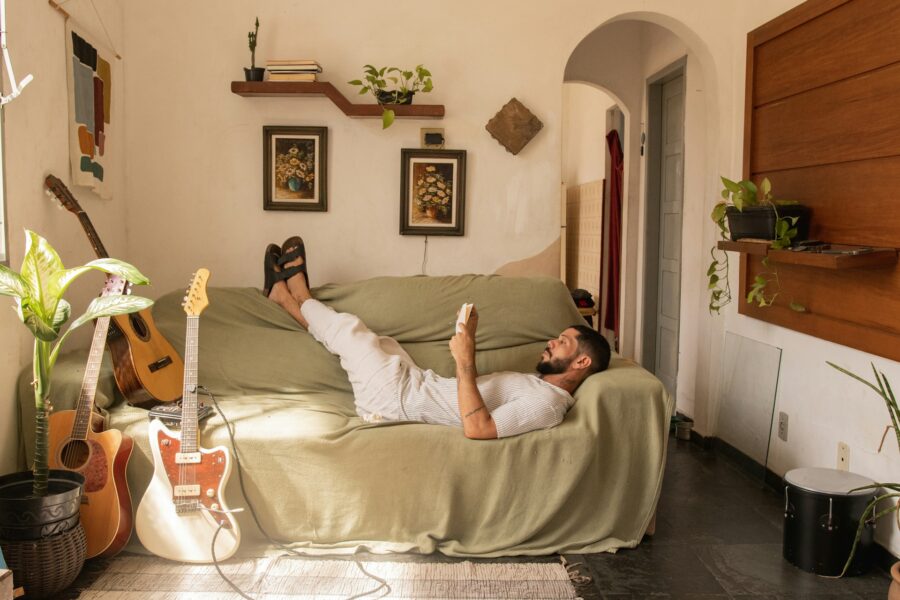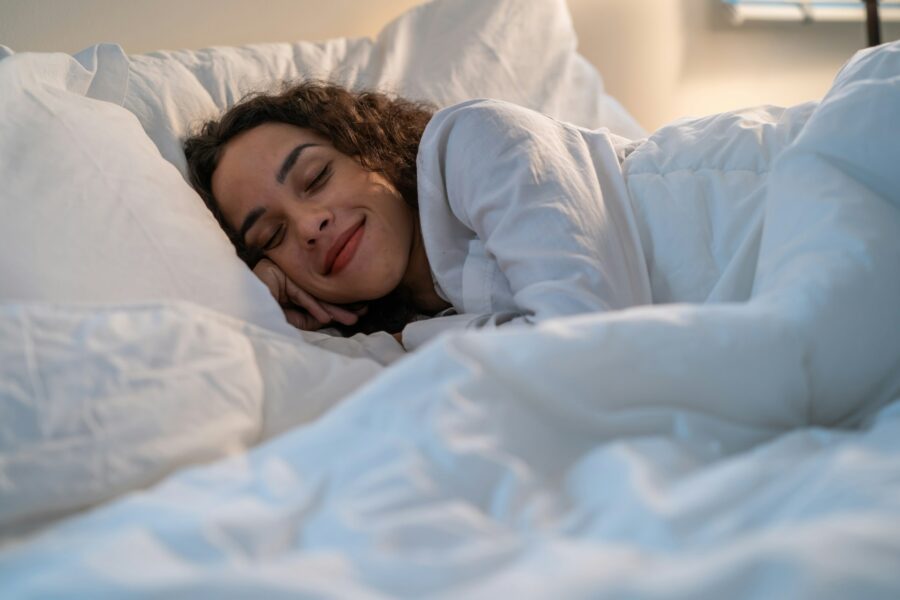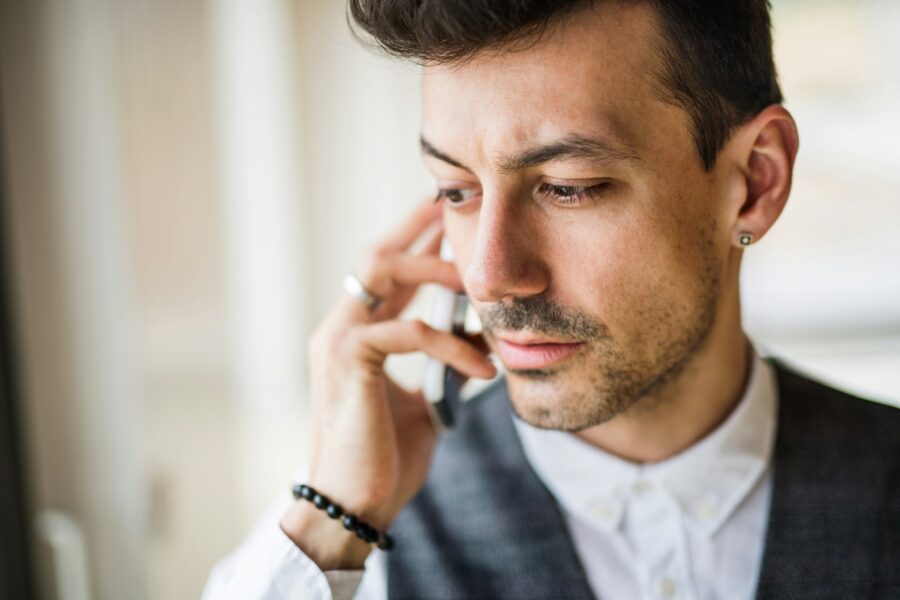For a long time, self-care was painted as bubble baths, scented candles, and an overflowing shopping cart of “treats.”
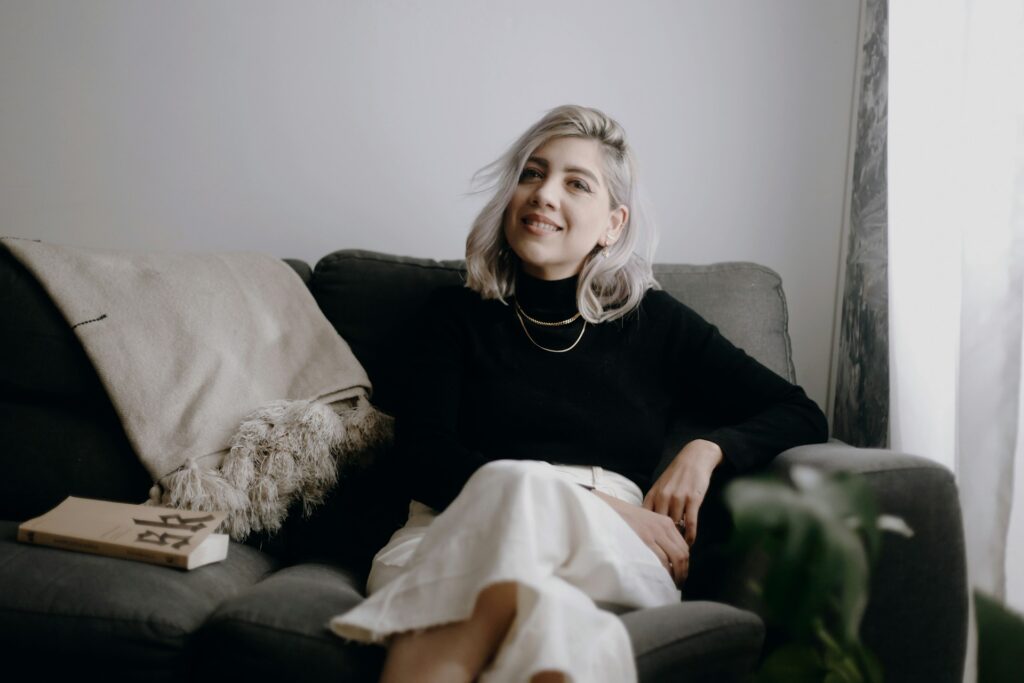
They’re great, sure, but lately, more people are questioning whether all that excess actually makes them feel better. In its place, a quieter idea is gaining traction: minimalism. It’s not a design trend or a colour palette, but a mindset—one that says maybe having less is what helps us feel more.
Minimalism is emerging as a kind of mental reset, a way to step out of the noise and reassess what we actually need, not just physically, but emotionally too. It’s about stripping away the unnecessary to uncover what genuinely supports us. At a time when everything feels louder, faster, and more demanding, minimalism is starting to feel like a kind of refuge.
In a world that’s constantly telling us to buy more, own more, and do more, minimalism offers something different. It offers space— mental, physical, emotional. It gives you room to think, and in that space, many people are finding what they didn’t get from all the stuff: calm, clarity, and a sense of control.
Clutter overloads your brain.
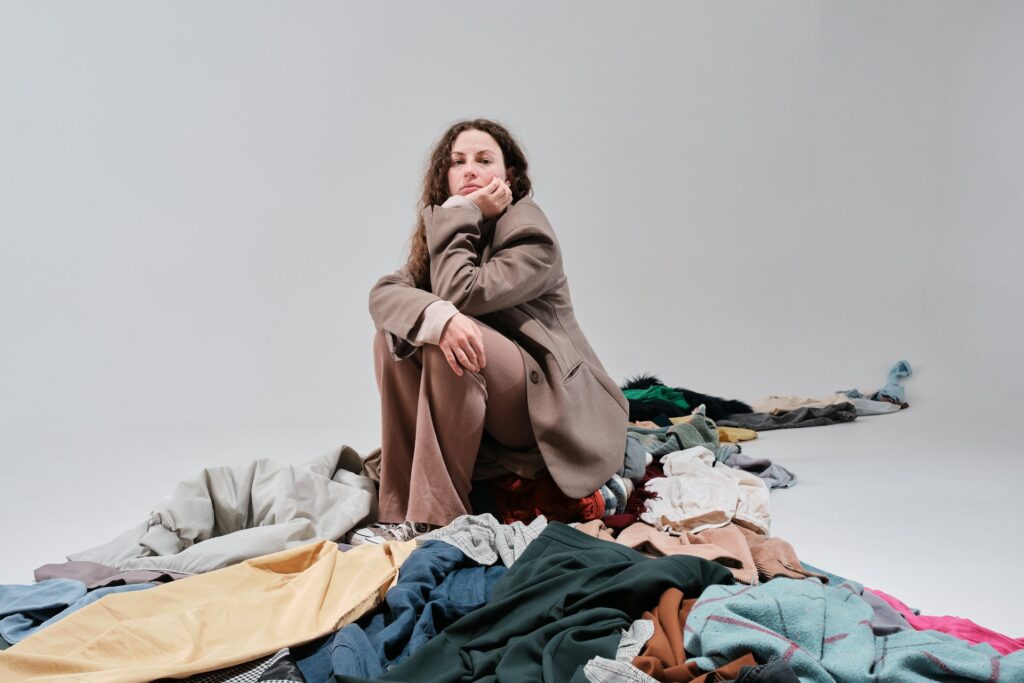
It’s not just a visual thing. Physical clutter competes for your attention, increasing stress and reducing your ability to focus. Studies have found that people living in cluttered spaces often experience higher levels of cortisol, the body’s primary stress hormone.
Clutter makes everything feel more urgent than it actually is. It creates mental background noise that your brain has to process, even if you think you’re ignoring it. This drains your cognitive energy and can make even basic tasks feel overwhelming. Over time, that contributes to fatigue, frustration, and a lower threshold for stress.
Minimalism counters that by removing the unnecessary. It’s not about being austere; it’s about being deliberate. Having fewer things means fewer decisions, fewer distractions, and more room for your mind to settle. You’re not spending energy managing clutter—you’re using that energy on things that matter.
Decision fatigue is real, and minimalism helps.
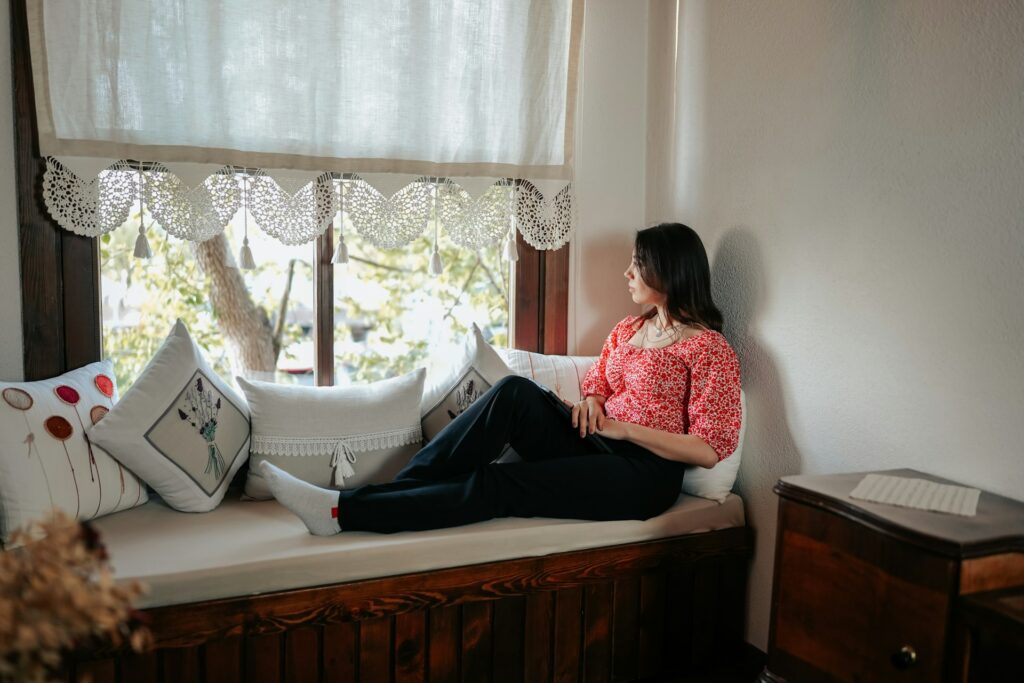
Every choice you make, from what to wear to what to eat, uses mental energy. When your wardrobe is overflowing or your kitchen is crammed with half-used gadgets, even simple decisions become tiring. That’s called decision fatigue, and it eats away at your willpower and focus throughout the day.
Minimalism cuts through that noise. It simplifies your choices so that your brain isn’t constantly on decision overload. That frees up mental energy for the stuff that actually needs your attention—your work, your relationships, your wellbeing. It’s why some of the most productive people wear the same outfit every day or stick to a morning routine that doesn’t change. It’s not about being boring. It’s about being intentional with your bandwidth.
Research also supports this. A study published in Psychological Science found that people who experience high levels of decision fatigue are more likely to delay decisions or choose options that aren’t in their best interest, simply because they’re worn out. Minimalism reduces the background clutter so you’re more capable of handling the real decisions that life throws at you.
Constant consumption isn’t making us happier.
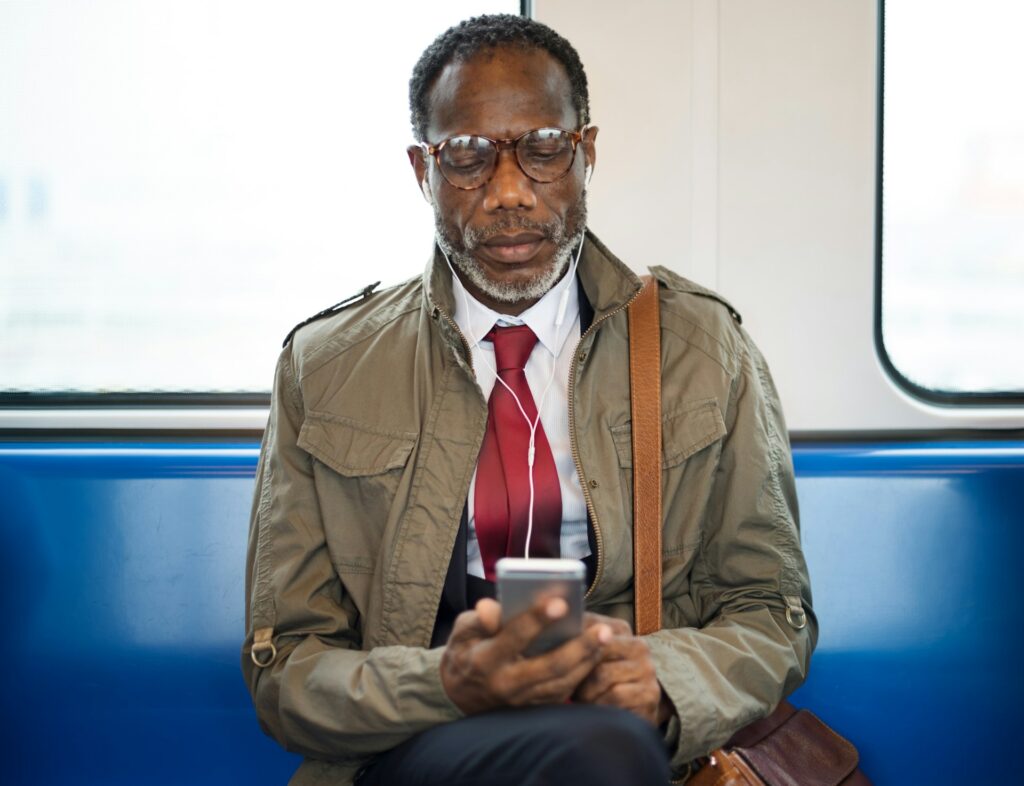
We’re bombarded with advertising—online, on our phones, in our inboxes—telling us that more stuff equals a better life. However, more often than not, the dopamine hit of a new purchase fades fast, and we’re left with clutter, debt, and a gnawing sense that we’re still not quite content.
Minimalism shifts the focus from acquisition to appreciation. It encourages people to ask: do I really need this? Does it add value to my life? If not, maybe it’s just noise.
A 2020 study in Personality and Social Psychology Bulletin found that people who valued material possessions more highly reported lower life satisfaction and greater psychological distress. Minimalism doesn’t fix everything, but it does challenge the idea that happiness is something you can buy. Instead of reaching for something new, it invites you to sit with what you already have, and often, that’s where the real contentment lives.
There’s also the environmental angle. Constant buying has a cost that goes beyond your wallet. Minimalism encourages more mindful consumption, which has a knock-on effect on sustainability. Choosing to own less can reduce waste, lower emissions, and support a lifestyle that’s gentler on the planet.
Space can be emotionally grounding.
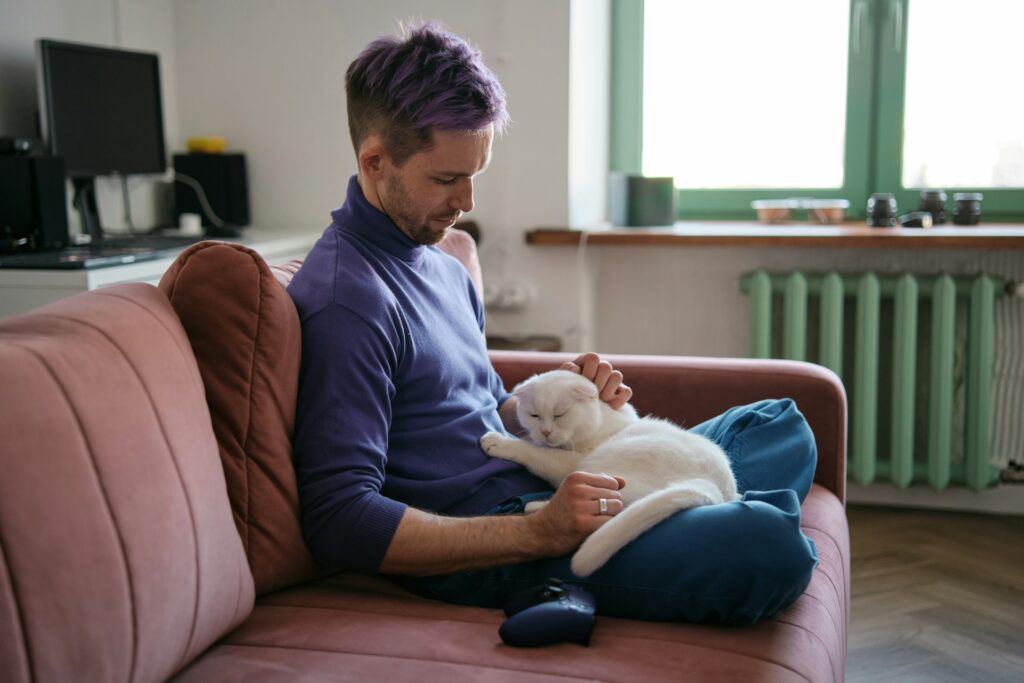
Clearing out isn’t just about tidiness; it’s about making room to feel differently. When your environment feels calm, your nervous system gets the message that you’re safe. That’s not just a vibe; it’s a biological response.
Minimalism often creates emotional breathing room. Less clutter can lead to fewer distractions, which helps with mindfulness. It allows you to be more present with what you’re doing, whether it’s reading, cooking, or spending time with someone you care about.
Taking control of your life is a game-changer.

There’s also something empowering about reclaiming control over your environment. In a world where so much feels out of your hands, deciding what stays and what goes is a form of self-respect. That sense of agency can translate into more confidence, better sleep, and improved day-to-day mental health.
Even something as small as clearing your bedside table or making space on a shelf can trigger a change. It signals that you’re allowed to prioritise peace. That you don’t have to live in chaos just because life is busy.
Digital minimalism is just as powerful.
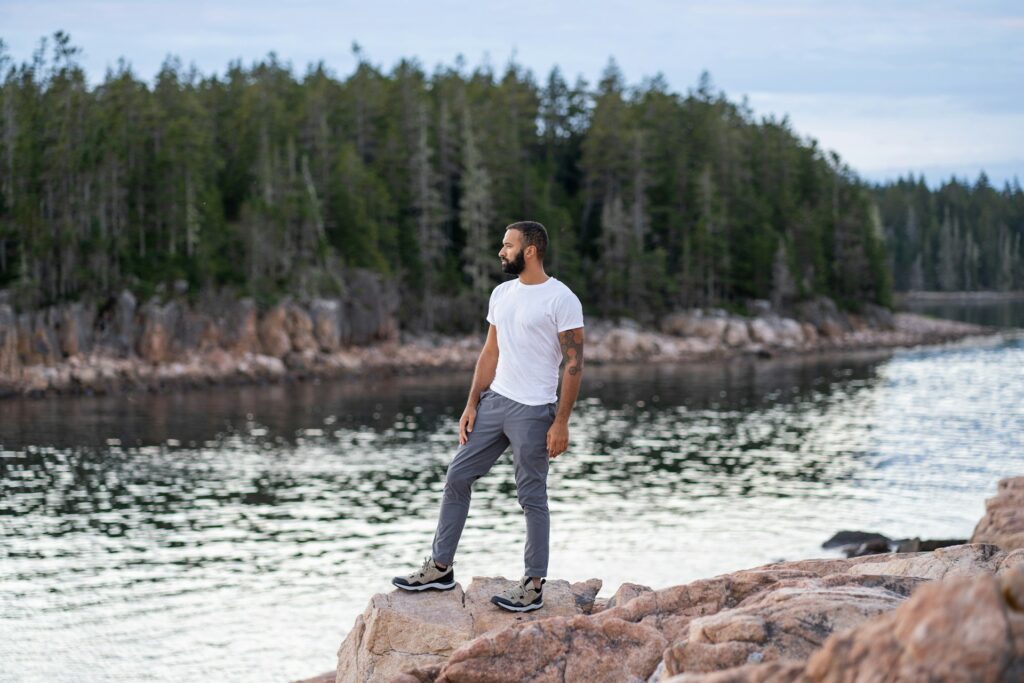
It’s not just about your home. It’s your phone, your apps, your inbox, your calendar. The digital noise we’re exposed to daily can be just as draining as physical clutter, sometimes more so.
Digital minimalism means curating your online life. It means unfollowing accounts that don’t make you feel good, deleting apps you don’t use, and putting limits on notifications. A study from the University of Bath found that taking a one-week break from social media significantly improved wellbeing, reducing anxiety and improving mood.
Starting small is your best bet.
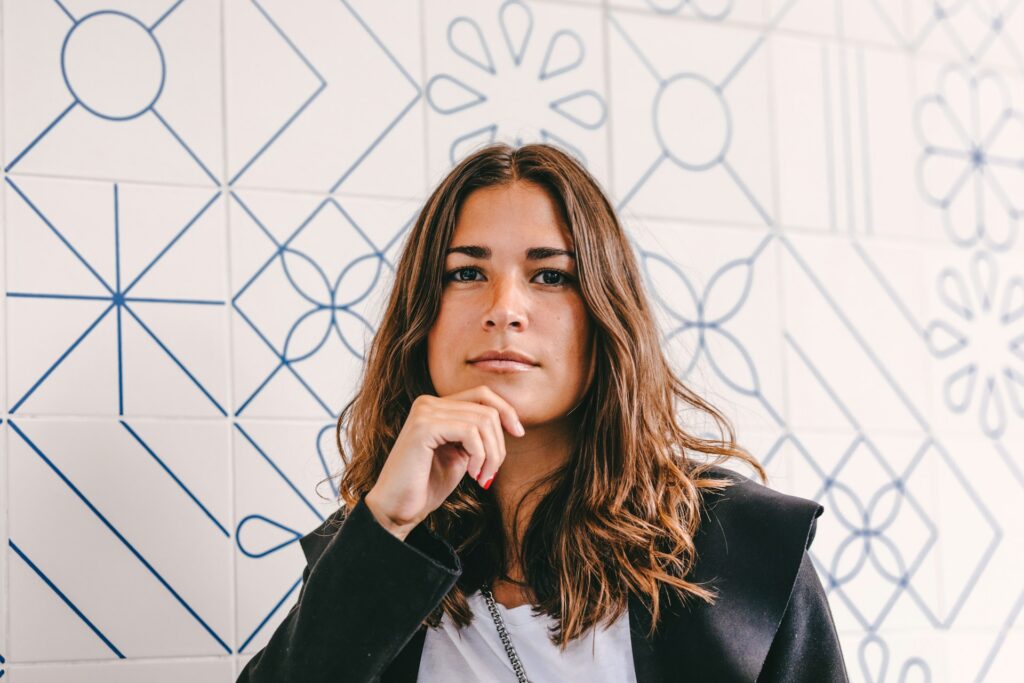
You don’t have to ditch your phone or delete all your apps, but you can start small. Set screen-free hours. Disable unnecessary notifications. Move distracting apps off your home screen. These tweaks can help you reclaim your attention and reduce the sense of being constantly plugged in.
It’s also worth thinking about how much time you spend absorbing vs. creating. A lot of digital fatigue comes from passively consuming content. Swapping some of that time for something that feels more nourishing—writing, music, conversation—can help you feel more like yourself again.
Minimalism isn’t about restriction; it’s about intention.

It’s easy to assume minimalism means having nothing, or giving up joy, but that misses the point. Minimalism isn’t about austerity; it’s about clarity. It’s about making choices that align with what you actually want from your life, not what you’ve been told to want.
For some people, that might mean owning five jumpers they love instead of thirty they don’t wear. For others, it’s about creating more mental space by saying no to plans that drain them. It can look like simplifying your calendar, spending less time online, or creating routines that feel sustainable rather than overwhelming.
Minimalism isn’t a checklist; it’s a mindset.

It’s about noticing what feels good and letting go of what doesn’t, and that makes it a powerful form of self-care—one that isn’t based on buying something, but on making space for the life you actually want.
In a world that rewards busyness and consumption, minimalism is a quiet kind of self-care. It asks you to stop, to look around, and to decide what really matters, not just what you’ve accumulated. And for a lot of people, that’s exactly the kind of reset they’ve been craving.
